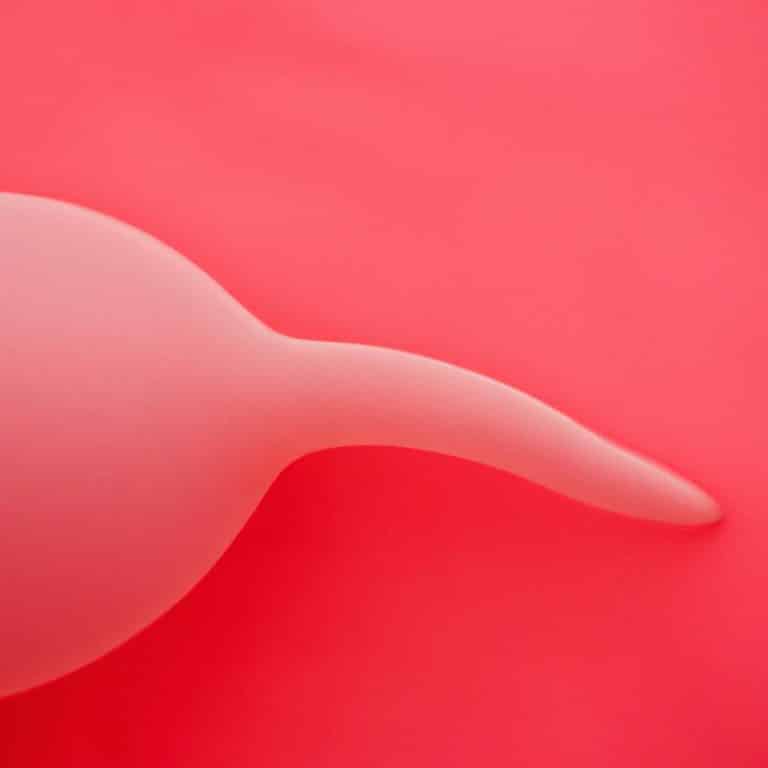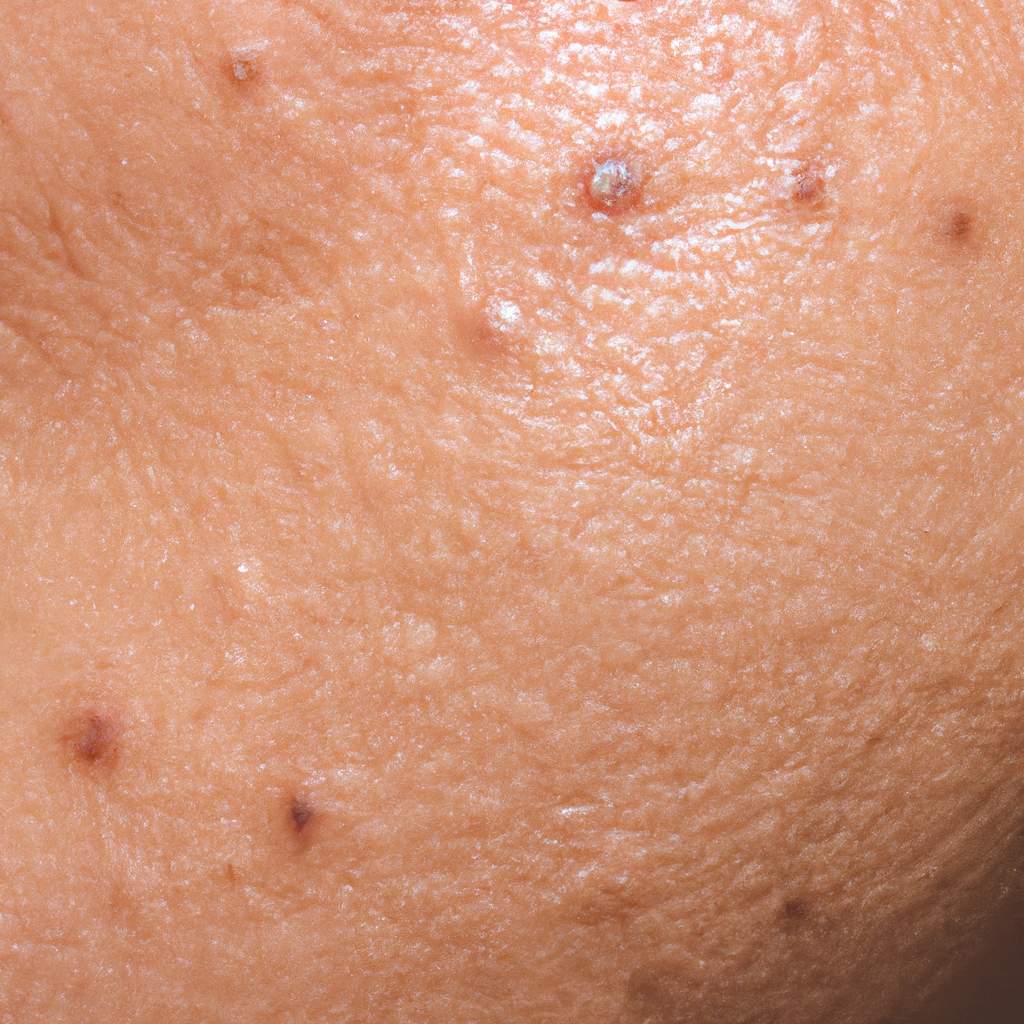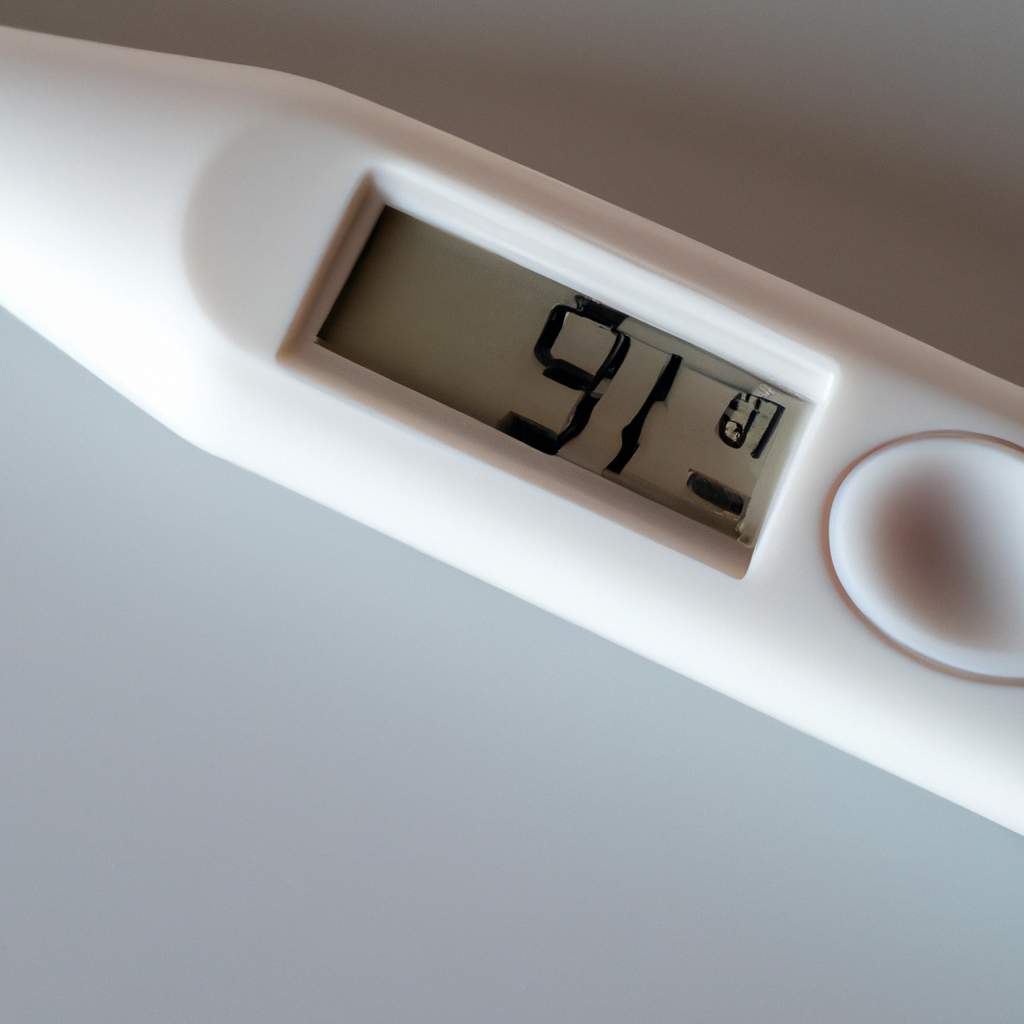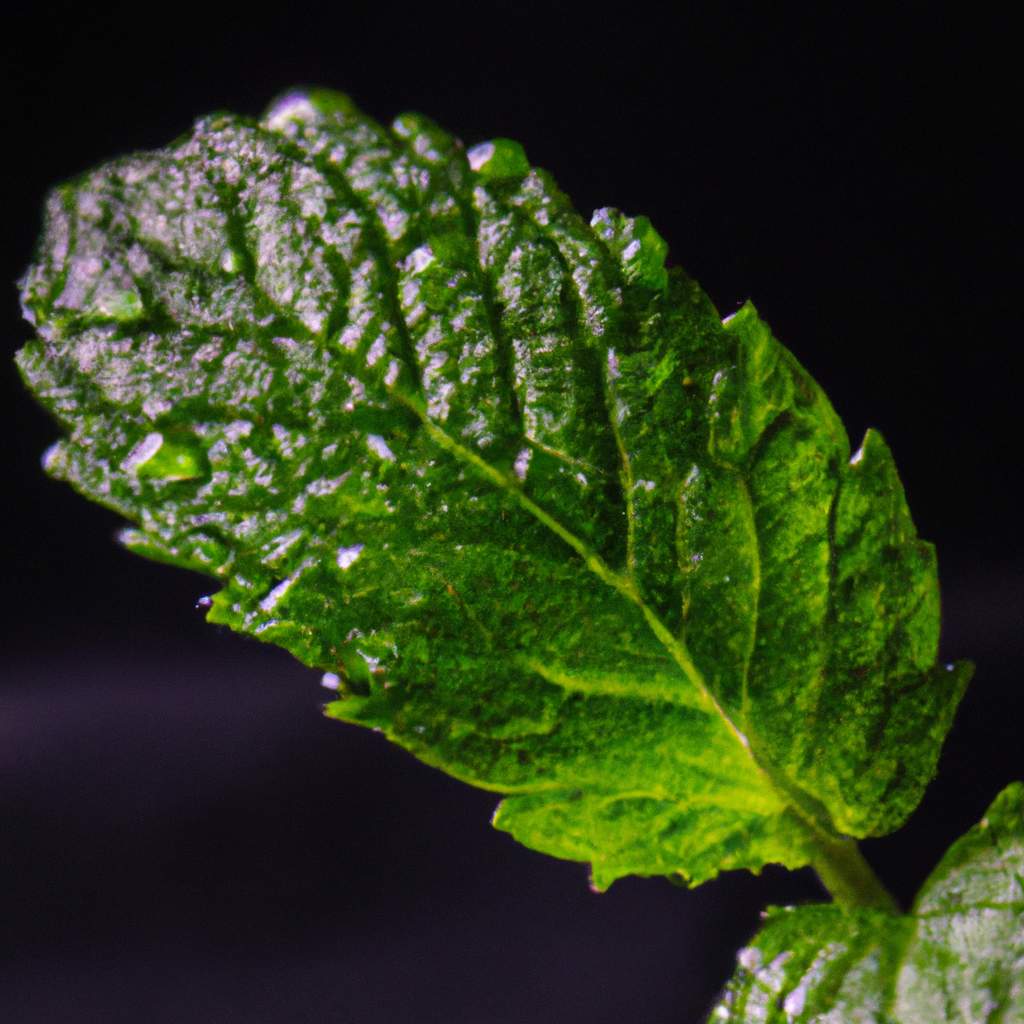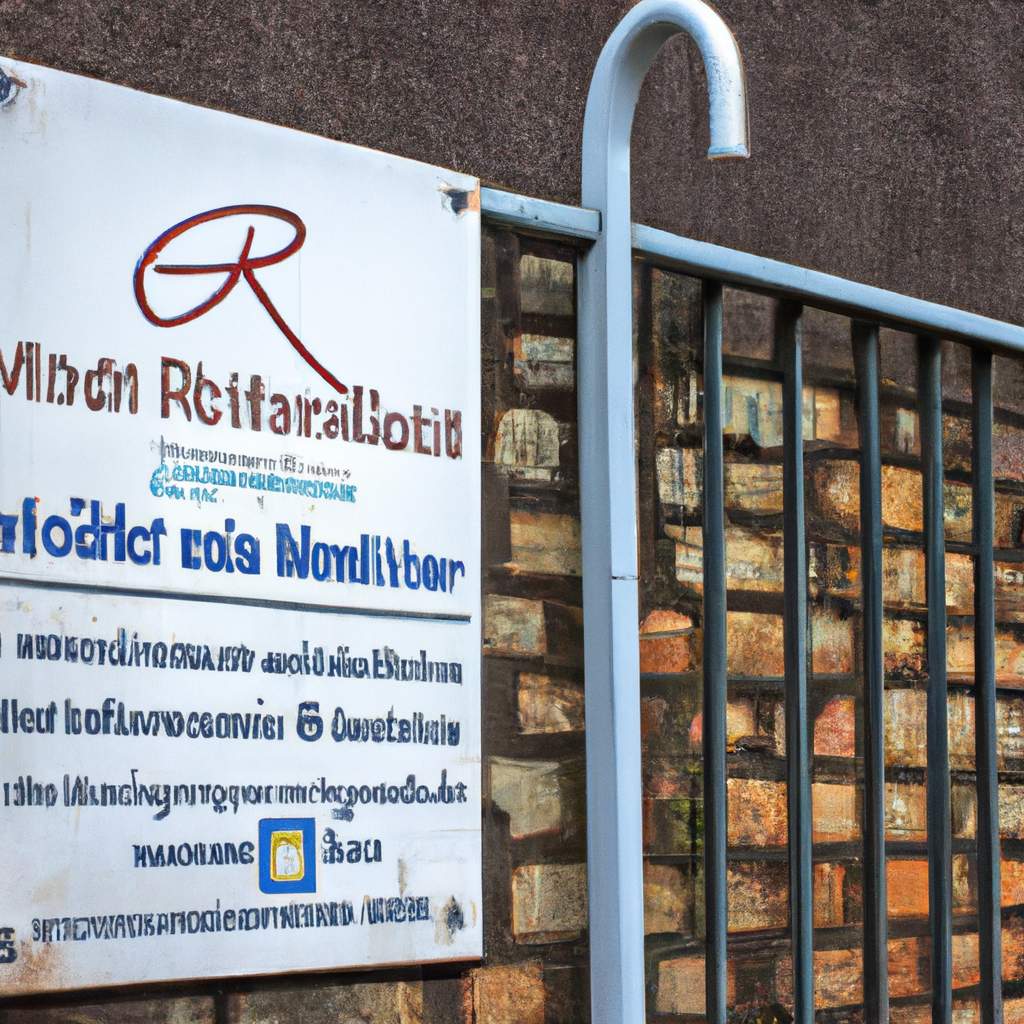Belching is not a disease, but it can be a very troubling phenomenon for those who experience it. It causes discomfort that can become obsessive, as well as constant rumbling in the intestines and sometimes even pain caused by intestinal gas. This condition is often mistaken for acid reflux, which can be more serious, especially if you experience heartburn in the esophagus. How can we prevent and treat belching?
Preventing Aerophagia: Tips and Strategies
Reformulation et résumé en Anglais:
Eructating throughout the day can be quite embarrassing and uncomfortable. The main cause of this is excessive air intake, especially during meals. To prevent aerophagia, you can follow these tips:.
Diet
The type of food consumed and the way it is eaten play a significant role in this condition. Avoid constant snacking throughout the day and stick to regular meal times. This can help reduce the amount of air swallowed.
During meals, take the time to chew your food thoroughly and make a conscious effort to count up to seven, which is the recommended number of times to chew each bite.
Limit consumption of starchy foods and bread, as they are known to contribute to flatulence.
Beverages
Drinking beverages, especially carbonated ones, can lead to the ingestion of air. It is advised not to drink while eating and to avoid carbonated drinks (sodas, beer, sparkling water, champagne, etc.). It is also important to note that drinking directly from the bottle can increase the amount of air entering the stomach. Instead, it is recommended to pour water into a glass before consuming.
- Clothing
Wearing loose-fitting clothing is important to prevent digestive issues. Avoid tight clothes and fabrics like flannel or vests.
Treating Aerophagia: Effective Solutions for Digestive Troubles

After each meal, drink infusions of thyme or marjoram to help reduce aerophagia. Thyme infusion can be made by steeping five grams of dried thyme in 100 milliliters of boiling water for 10 minutes, and you can drink up to three cups per day. For marjoram infusion, steep one tablespoon of dried marjoram in a cup of boiling water, not exceeding three cups per day.
To relax your intestines and alleviate any discomfort, practice breathing exercises while lying on your back. Additionally, placing a dry or moist hot water bottle under your lower back can provide further relief.
Regular brisk walking or jogging, even at a slow pace, can be beneficial for your overall health and help alleviate symptoms of aerophagia. Exercise helps to relax your organs and reduce any pain or discomfort you may be experiencing.
While there is no miracle cure for aerophagia, following these suggestions can significantly improve your health. You will notice a reduction in flatulence and belching if you incorporate these tips into your routine.
Alternative remedies to relieve aerophagia
Aerophagia is not related to gastric reflux. There are various causes for this digestive issue. To effectively treat the condition, it is important to identify the underlying source and associated symptoms.
Diet-Related Aerophagia
Diet-related aerophagia is a common digestive disorder that can cause symptoms such as indigestion, bloating, stomach problems, and flatulence. When aerophagia occurs, it can result in a feeling of heaviness and discomfort during digestion. To alleviate these symptoms and maintain good health, consulting a naturopath is recommended. Naturopathic treatments can be effective as they provide guidance on which foods to consume and avoid.
Stress-related Aerophagia
Stress is one of the causes of bloating in the stomach or abdomen. A sophrologist can help relieve the symptoms by reducing stress and promoting easy digestion. Other natural treatments, such as yoga, meditation, qi gong, acupuncture, and tai chi chuan, can also be beneficial.
Natural Remedies: A Guide to Treating Digestive Disorders
To treat symptoms of aerophagia, it is important to be cautious about the foods we consume. Consuming carbonated drinks too frequently should also be avoided. Changing one's eating habits and monitoring intestinal health are equally important.
A primary care physician may recommend several medications, such as activated charcoal. Activated charcoal is beneficial for the intestines and stomach. It reduces bloating and gas in the stomach and intestines. Taking this natural product is safe. Homeopathy, phytotherapy, and aromatherapy treatments can also be followed.
